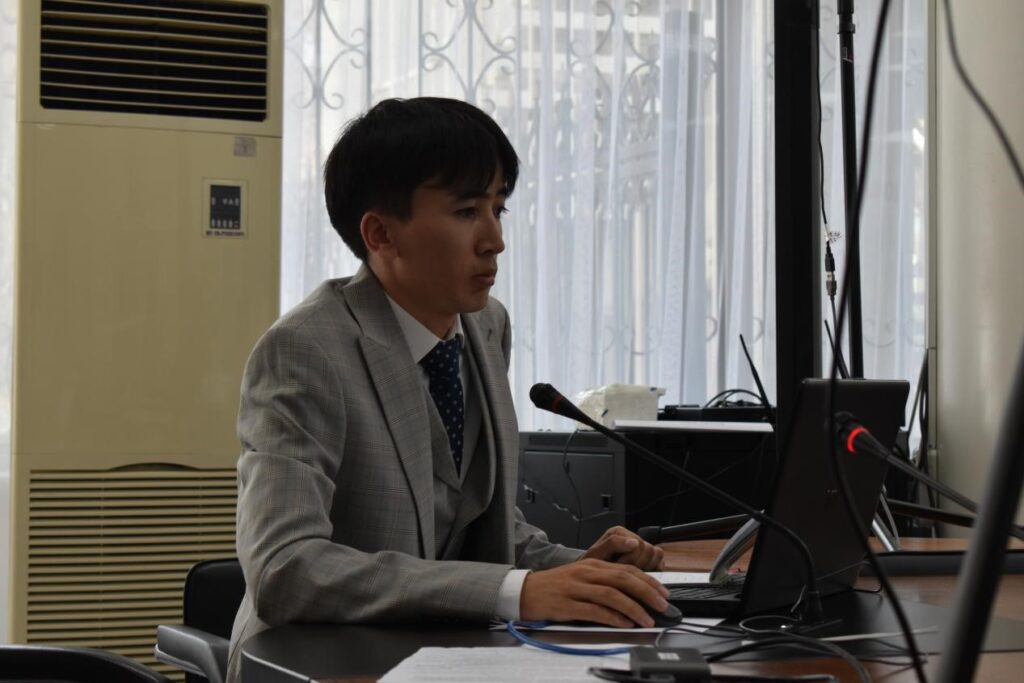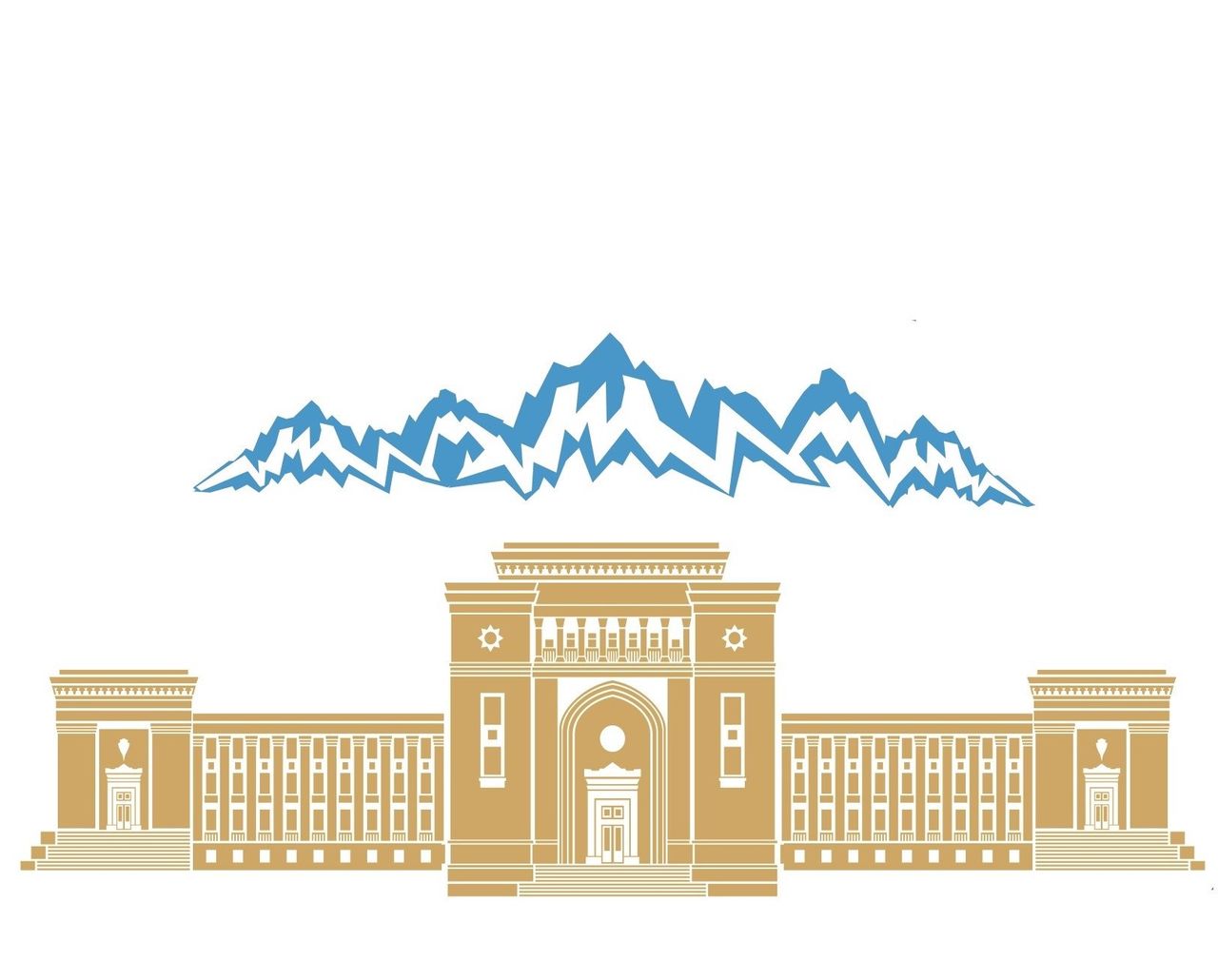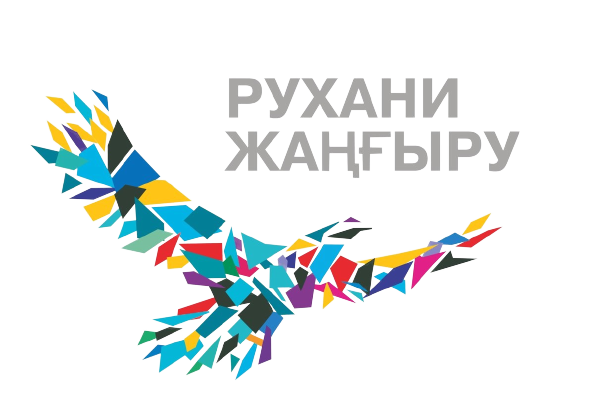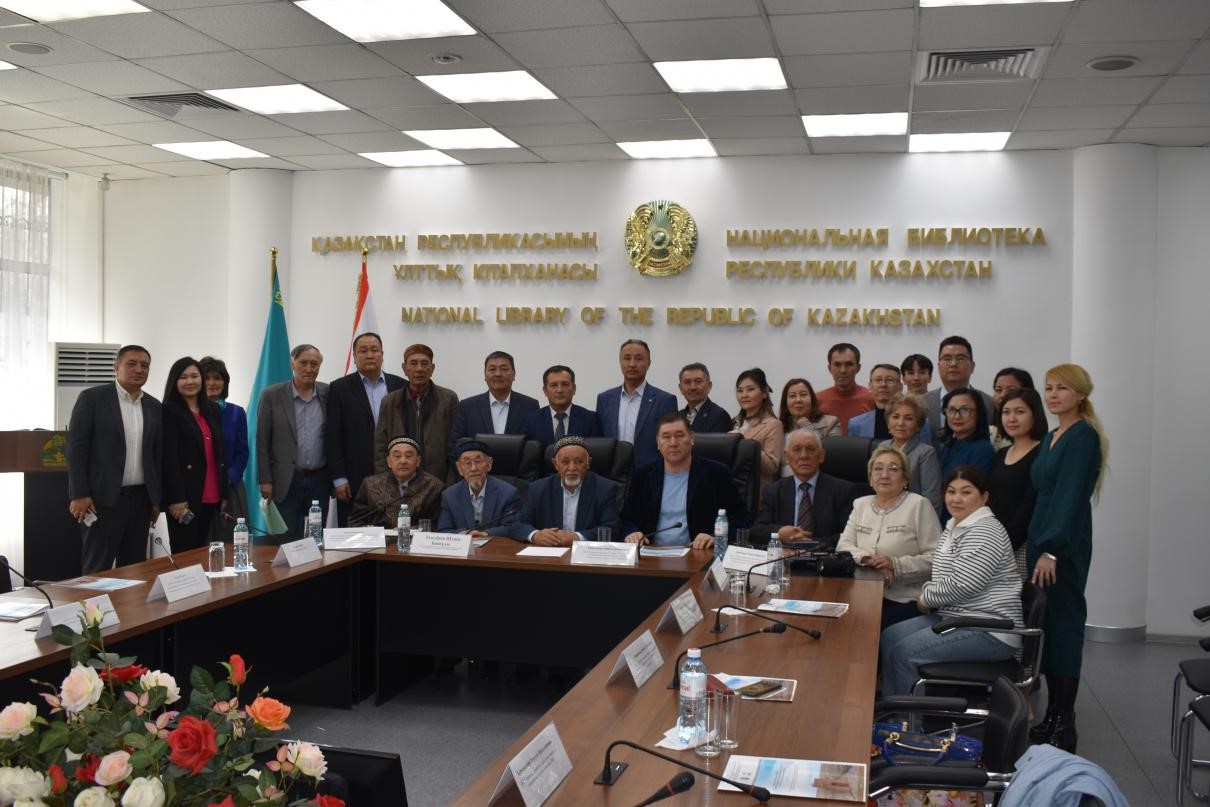April 5, 2024 in the National Library of the Republic of Kazakhstan held a national scientific-practical conference «HISTORICAL-CULTURAL HERITAGE OF THE ULUS JUCHI», dedicated to the 800th anniversary of the Ulus Juchi, organized by the Department of History of Ancient and Medieval Kazakhstan and adjacent countries of the Institute of History and Ethnology named after Ch. Valikhanov Institute of History and Ethnology.
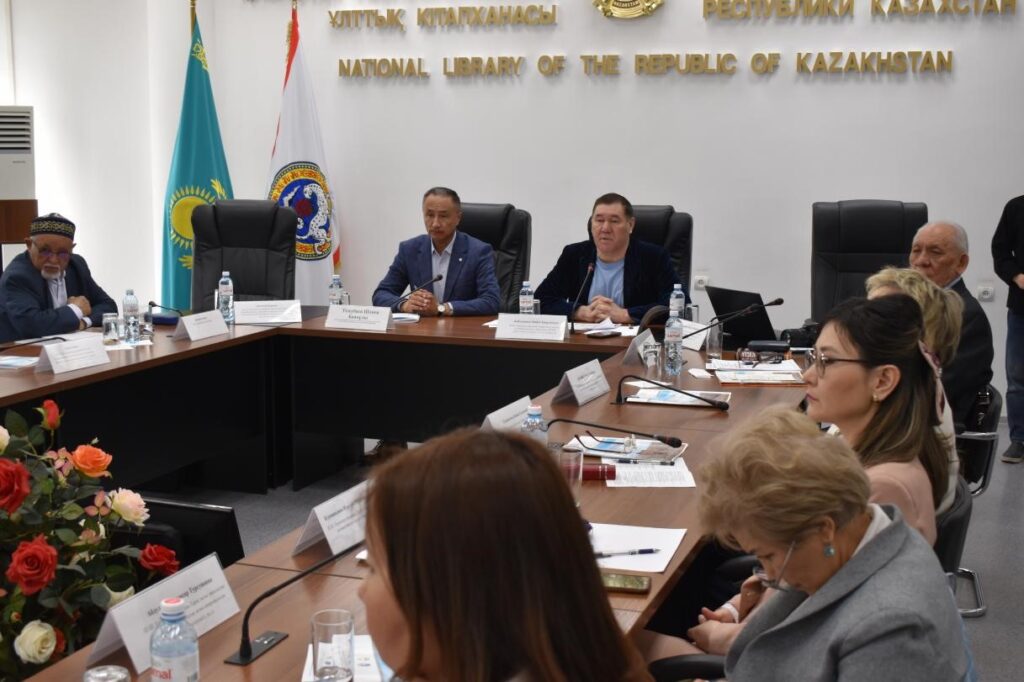
The conference was attended by well-known national historians and public figures.
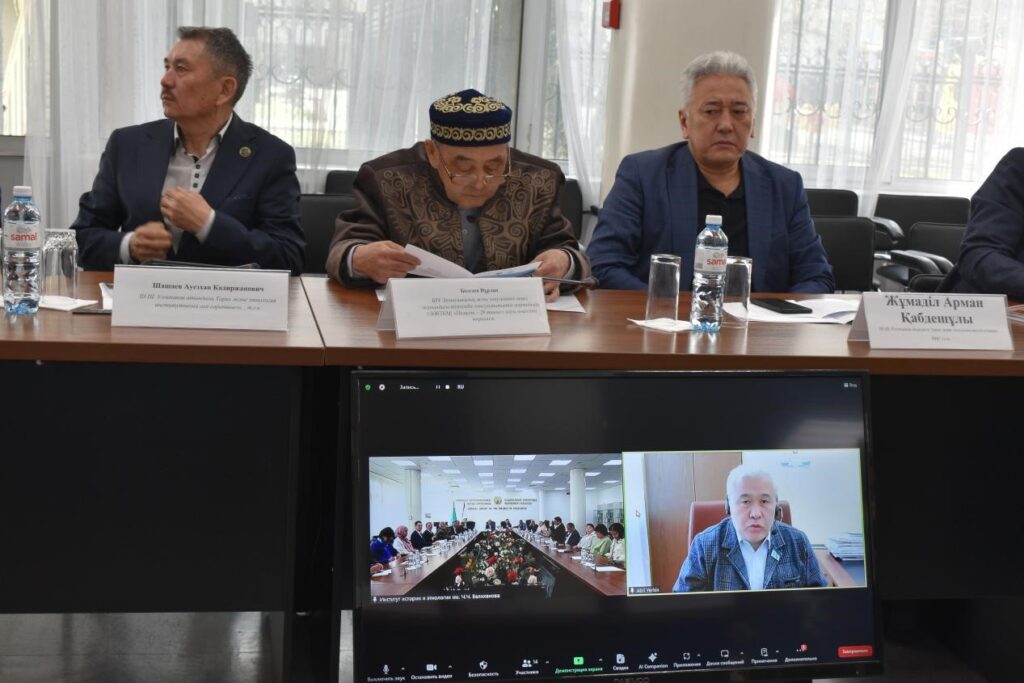
During the conference, the director of the Institute and moderator Z.E. Kabyldinov, analyzed the stages of the history of the formation of Ulus Juchi and highlighted some issues of the study of the medieval period in domestic historical science, showed the historical significance of the Kazakh Khanate, which emerged on the basis of Ulus Juchi, and the place of the Institute of Tore. Besides, during the report he handed over to the head of the library the books published by the institute thanking the staff of the National Library. The welcoming speech was made by the public figure, deputy of Majilis of RK, Doctor of Science, Professor E. Abil. Emphasizing the historical continuity and relevance of the Ulus Dzhuchi, he emphasized the importance of this event. Analyzing the data on genealogy of the descendants of Juchi of XIII-XVII centuries, J. Sabitov shared his opinion on genealogical problems and sources of the descendants of Ulus Juchi and descendants of Juchi. A. Kapezovich shared his opinion about the town of Saraishyk, spoke about the place and historical value of Saraishyk. He dwelled in detail on field monuments and balbalas. Prof. M. Abdirov, chief researcher of the Institute, characterized the military history of the Ulus Dzhuchi, drawing attention to many unexplored aspects of nomadic military affairs.
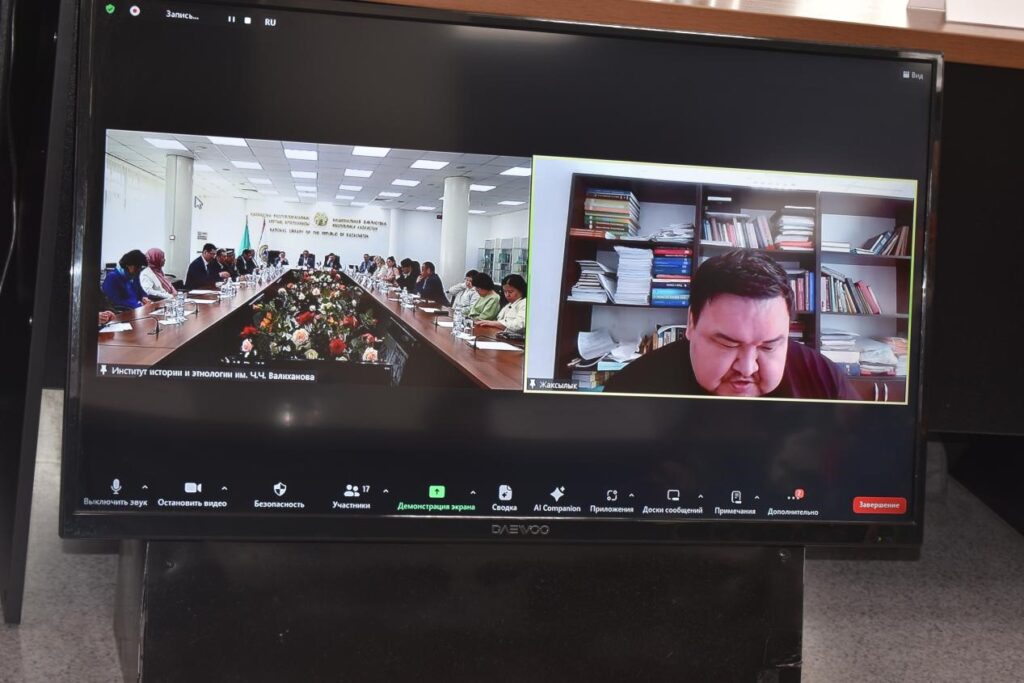
Turning to the main historical and spiritual source of the formation of the Kazakh Khanate of Ulus Dzhuchi, A. Dauletkhan spoke about some aspects of Kazakh history. Z. Zhandarbek made a special analysis of the emergence of zhuzes in Ulus Dzhuchi, noted the formation and importance of the zhuz system and the influence of the religious factor. T. Kydyr, who studied and analyzed the literary heritage of the Golden Horde era, highlighted the main issues related to this period.
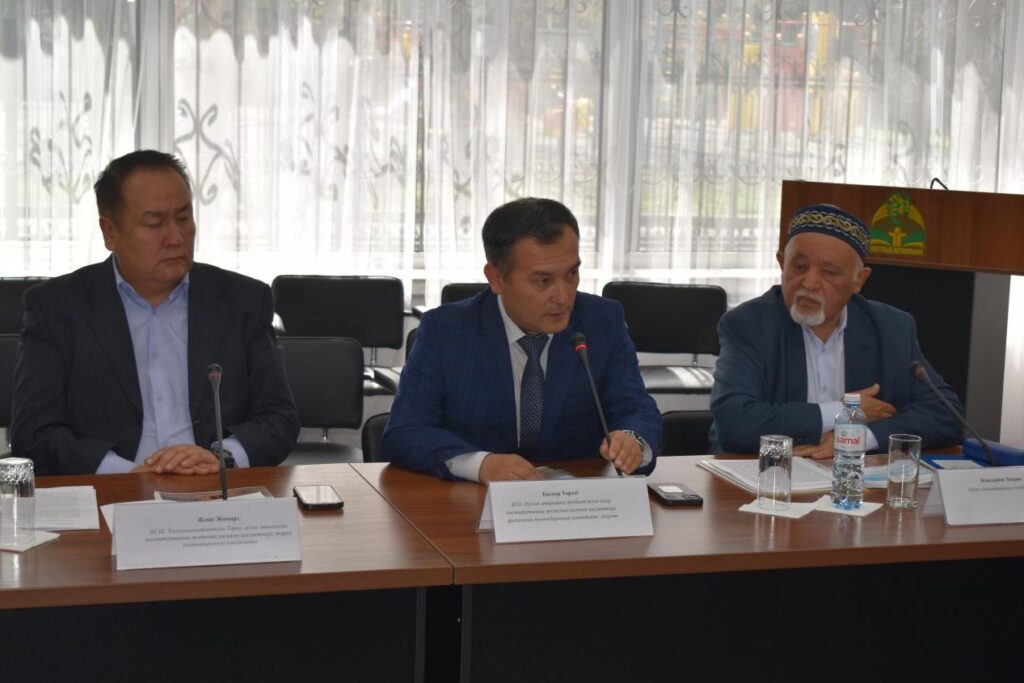
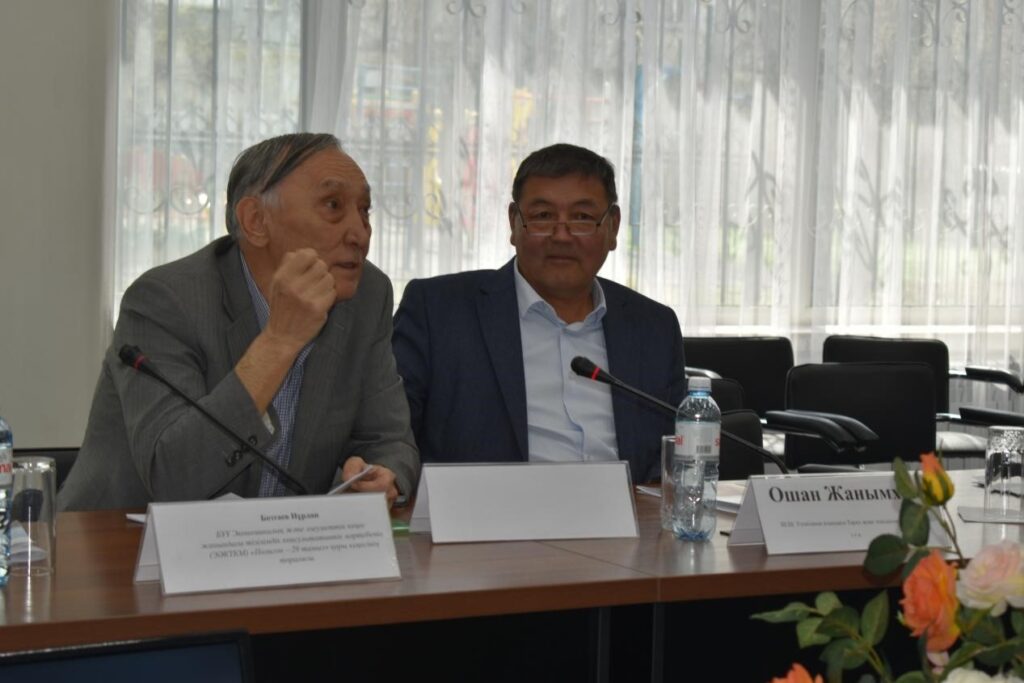
J.J. Zhenis, emphasizing the importance of the translation of Al-Kashani’s book “Tarikhe Oljaitu” for Kazakh history, noted the specificity of this book as a source on the history of the ulus Juchi, as well as the relevance of the study of the Middle Ages in the domestic historical science. J. Oshan, singled out the outstanding luminaries of the Mongol Empire era, separately dwelled on the formation and systematization of written culture in the state of Genghis Khan and the historical role of individual luminaries. N. Boztayev shared his opinion on the linguistic specification of Genghis Khan’s empire, analyzing the language situation of the period.
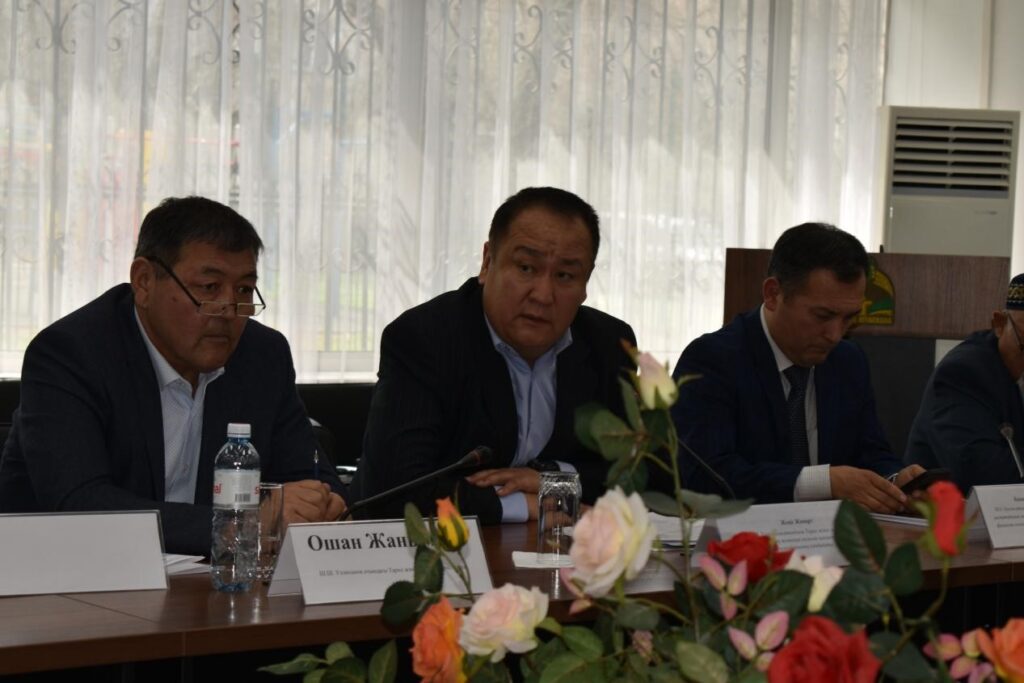
One of the features of the event was the presentation of a number of young scientists who shared their opinions and made reports. A. Bekenova, a researcher of the Institute, made a report on tribal structures in the period of Ulus Juchi and analyzed the tribal structures of this period. Junior researcher of the Institute E. Saurkan analyzed the studies and stages of ancient and medieval periods in Turkey. A. Doskaraeva, a researcher of the institute and doctoral student of the Kazakh National University named after Al-Farabi, made a great report on the relations between the Kazakh khans of the XVII century and the Ashtrakhanid dynasty, who focused on external diplomatic relations during the Kazakh khanate. Having analyzed Turkish sources, including the letter of the decree of the Crimean khan Kerey, kept in the Topkapi Palace, the young scientist of the Institute and master’s student of the Kazakh National University named after Al-Farabi M. Kadylbek presented his conclusions.
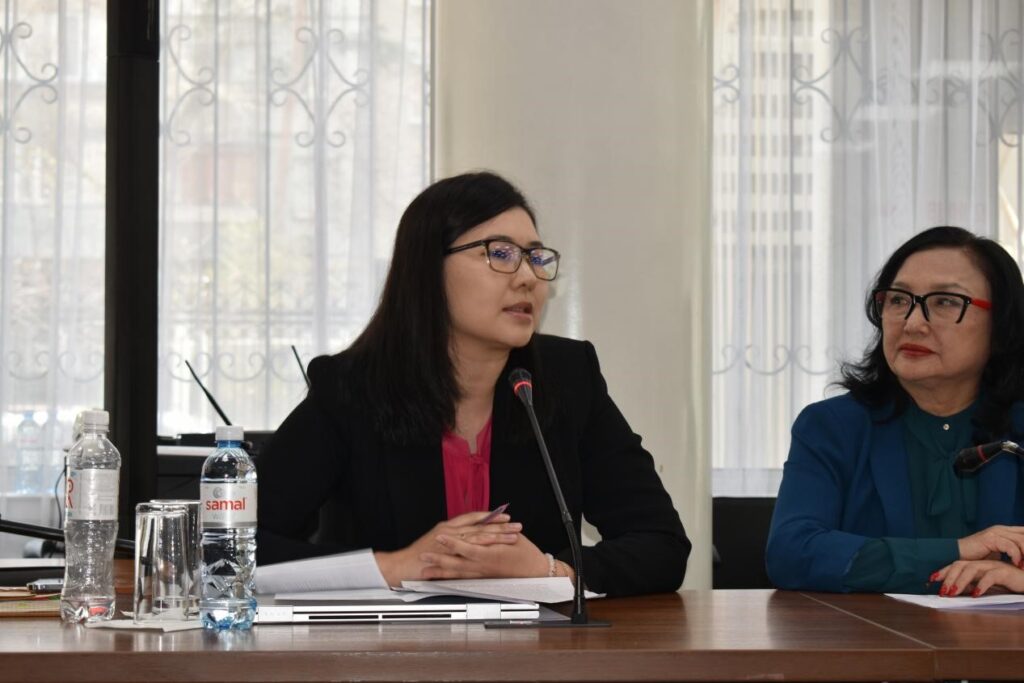
At the end of the conference, historians and specialists shared their opinions on the topic. Speaking with various proposals, the participants noted the place of Ulus Juchi in the history of Kazakhstan. Besides, in the domestic historical science the scientific and methodological approaches to the solution of the extant problems of studying the ancient and medieval periods have been worked out. In particular, taking into account the linguistic factor in the study of this stage, the relevance of multilingualism, including Arabic, Persian, Chinese, Chagatai and Manchu languages was emphasized.
